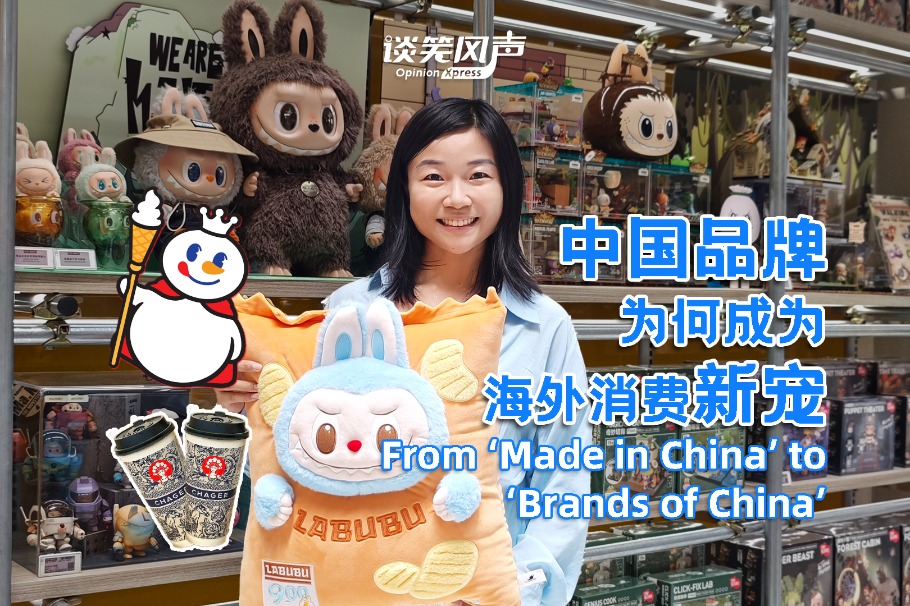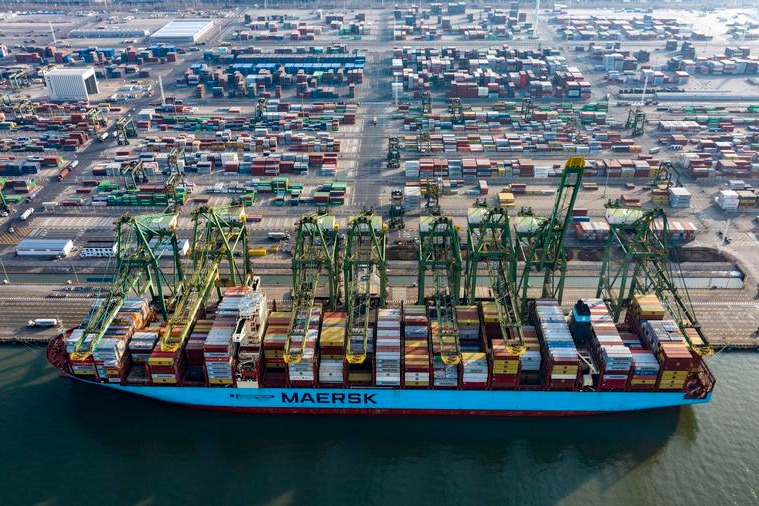Cooperation, autonomy and win-win results defining features of healthy economic ties: China Daily editorial

The global trade landscape has been roiled by the United States' trade policies and actions.
Even though US Treasury Secretary Scott Bessent has said he expects a "flurry" of deals to materialize before the July 9 deadline, time is running out. Some US trading partners are still far from making a deal before US President Donald Trump's 90-day pause comes to an end.
The US administration started sending letters to various economies on Friday to notify them of the tariff rates they will face on exports to the US. The first batch of 10 or 12 letters has been sent, with further batches to follow. Most new rates won't take effect until Aug 1, Trump said.
The administration has so far "nailed" only three "pacts", as US media put it. But these pacts can only be described as a framework deal or a general agreement on certain trading items with the purpose of de-escalation rather than a comprehensive trade deal between economies as expected to be.
As for the European Union, although the bloc has signaled it is willing to accept a 10 percent universal tariff?on many of its exports, it is seeking exemptions for pharmaceuticals, alcohol, semiconductors, and commercial aircraft as part of a trade deal. But Trump has threatened 50 percent tariffs on the bloc's imports in response.
Almost all major trading partners of the US are resolutely defending their core interests in their respective trade talks with the country. Consequently, they face new trade threats from the US. Trump said earlier last week negotiations with Japan had soured, saying he would force Japan to accept higher tariffs of "30 percent, 35 percent, or whatever the number is that we determine". "They're very tough. You have to understand, they're very spoiled," Trump said. This is a predictable scenario, as no economy can afford to sacrifice its legitimate rights and interests to meet the irrational, unrealistic demands of the US.
Although some export restrictions between China and the US have been partly lifted in recent days in a move to act on the outcomes of their talks in Geneva and London, there remains a long way to go for the world's two largest economies to straighten out their economic and trade relations that have borne the main brunt of their strained ties over the past few years.
Making the situation even more challenging is the fact that alongside their respective tariff talks with the US, some of the economies — such as the EU and China, the EU and India, as well as Japan, China and the Republic of Korea — are also engaged in trade talks with each other, and those talks are intricately subject to, in various degrees, the economies' respective talks with the US, due to some parties' self calculations.
This situation has strengthened the trend of fragmentation in world trade. For example, although Foreign Minister Wang Yi's visit to Europe was expected to ease the trade tensions between China and the EU, some in the EU are still intent on building the bloc's trade barriers higher.
On Friday, the French industry and energy minister called on the EU to strengthen its defense against Chinese imports citing so-called "overcapacity" and capital flows that were originally heading to the US now directly heading toward the EU.
On Saturday, the French economics and finance minister also urged the EU to change the rules and strengthen trade barriers to allow for a wider use of measures against Chinese imports to counter what he called potential "damage" to the European industrial economy. That is why Wang called on China and France to act as forces for stability, openness, inclusiveness and unity in Paris on Friday.
That the Chinese authorities decided on Saturday to take relevant measures on some medical devices imported from the EU in government procurement activities clearly shows that if the EU ignores China's goodwill and sincerity and insists on taking restrictive measures and building new protectionist barriers, it leaves China with no choice but to take reciprocal restrictive measures.
The EU should realize that China is committed to stabilizing its economic and trade ties with it. In the latest move to show its goodwill in that regard, the Ministry of Commerce said 34 brandy companies from the EU will not be subject to antidumping duties, as long as they meet the compliance conditions.
As Wang said, China-EU relations should be characterized as a partnership, with cooperation being the defining feature, strategic autonomy the key value, win-win outcomes the prospect for development. That should be the defining feature of trade relations between all major economies committed to upholding a rules-based world trade order with the WTO at its core. Weaponizing trade leaves no party unscathed.


































